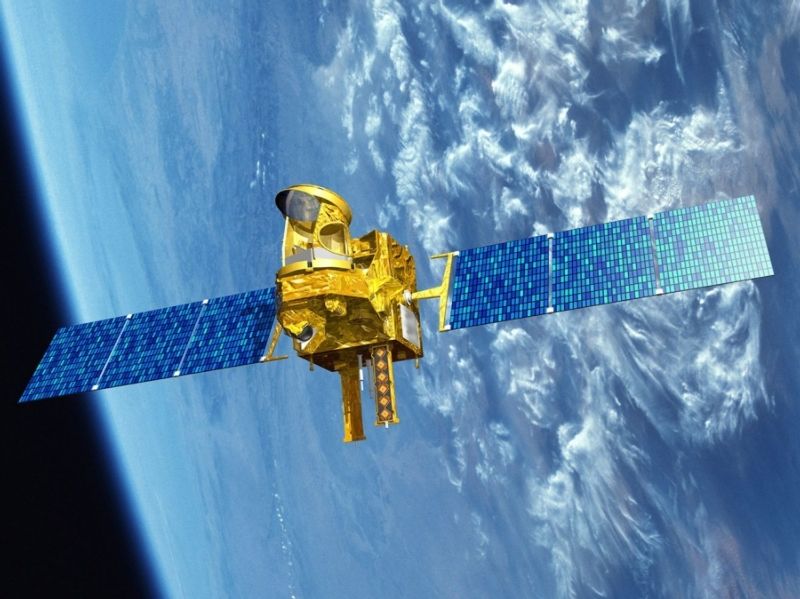Meeting in Paris, the heads of the world’s space agencies have proposed the creation of a Space Climate Observatory (SCO) to act as a hub between space agencies and the international scientific community.
On the eve of the One Planet Summit organized in Paris at the initiative of French President Emmanuel Macron, the heads of the world’s space agencies met at CNES Head Office on 11th December. At this meeting, focused on climate monitoring from space, three round tables addressed the topics of greenhouse gas monitoring, water resource management and the use of satellites in natural disaster management.
The meeting led to the adoption of the Paris Declaration, which proposes the creation of a Space Climate Observatory (SCO) to pool climate data acquired from space and make them readily available to the international scientific community.
CNES President Jean-Yves Le Gall said that the Space Climate Observatory will act as a hub between space agencies and the international scientific community.
Satellites are vital tools for studying and gaining new insights into climate change. According to CNES, out of the 50 essential climate variables (ECVs) defined by the Global Climate Observing System (GCOS), 26 can only be measured from space.
This is why cooperation between the world’s space agencies is key to leveraging individual efforts, as set out in the Mexico Declaration on climate and natural disasters (2015), the New Delhi Declaration on greenhouse gases (2016) and the Marrakesh Declaration on the water cycle (2016).

